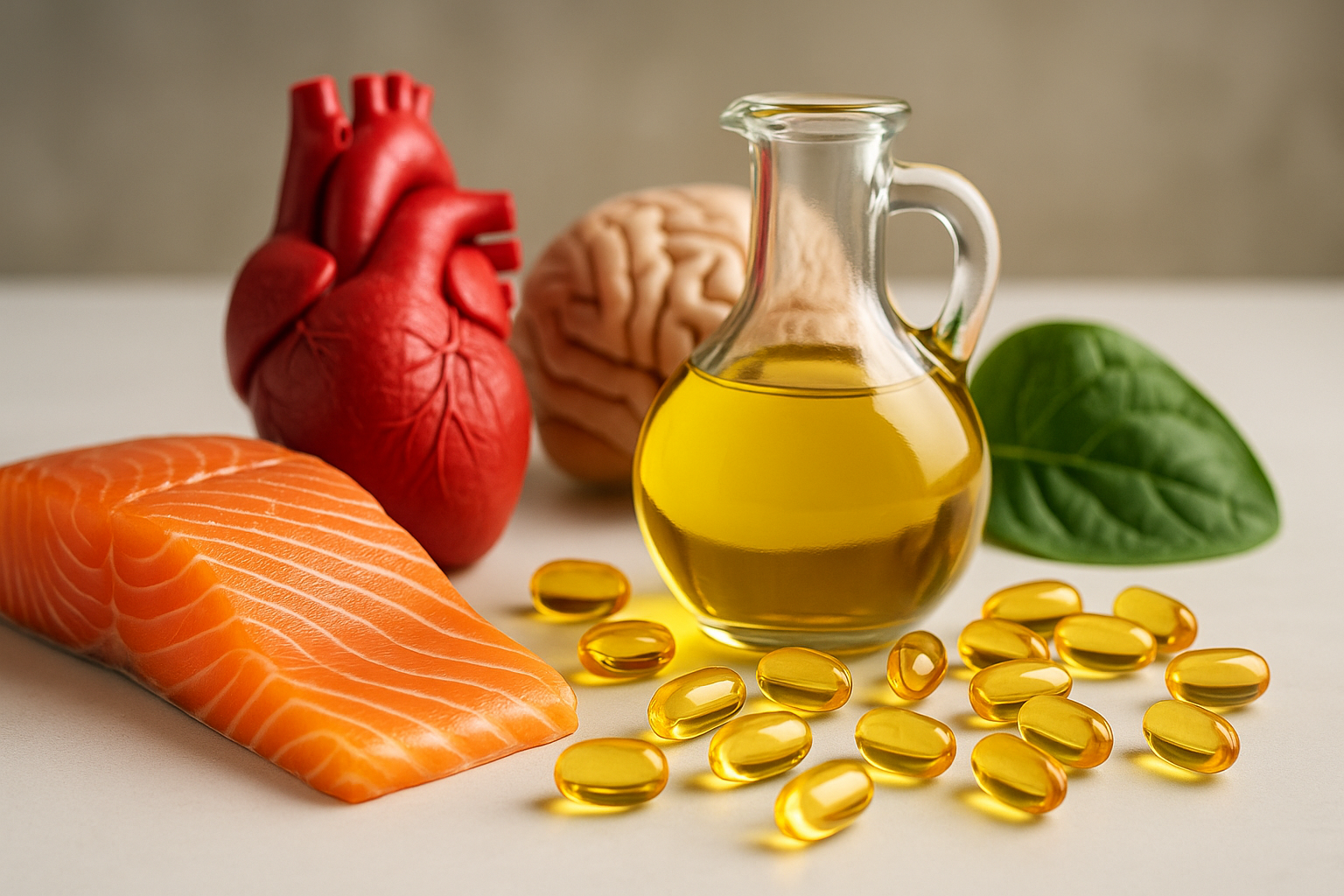
“You are what you eat!” means nothing other than that mind and body shape themselves according to the food you eat. And what comes in at the top inevitably comes out at the bottom at some point. Digestive enzymes play a crucial role in good digestion. An enzyme deficiency can have serious health consequences. It is therefore important to supply the body with additional digestive enzymes through a wide variety of foods.
Do you know Ludwig Feuerbach? No? Then be careful. Ludwig Andreas Feuerbach (born on July 28, 1804 in Landshut and died on September 13, 1872 inrechnerberg near Nuremberg) was a German philosopher and anthropologist whose criticism of religion and idealism had a significant influence on the Vormärz movement and formulated a point of view that... has become fundamental for the modern human sciences, such as psychology and ethnology. You can read about it on Wikipedia.de. Ludwig Feuerbach is particularly well known as perhaps the most famous religious critic of the 19th century.
Surprisingly, Ludwig Feuerbach also commented on nutrition. And everyone probably knows his core statement: “Man is what he eats!” or today, better known as “You are what you eat!” This means that mind and body shape themselves according to the food they eat and is a correspondence to the Asian wisdom “Nutrition is the basis of health”.“Tell me what you eat and I’ll tell you what you are”
Incidentally, the Frenchman Jean Anthelme Brillat-Savarin expressed this view some time before Ludwig Feuerbach: “Tell me what you eat, and I will tell you what you are.” Jean Anthelme Brillat-Savarin (1755 to 1826) was a French writer and one of the most important gastrosophists. The Brillat-Savarin plaque, which is awarded by the FBMA Foundation as an award to restaurateurs, was named after him. For gastrosophy, the focus is on the cultural-scientific research of nutrition and society. All aspects of food production, processing, marketing and consumption are examined, taking into account not only material technical areas, but also the significance of the food cultures of different eras, ethical and sociological aspects.
Digestive enzymes play a crucial role
But now enough of the philosophical digressions. Let's get to practice. Because what comes in at the top inevitably comes out at the bottom at some point. In short: Ultimately, we are what we digest. And special enzymes, the so-called digestive enzymes, play a crucial role in good digestion. They may be tiny, but they have a huge impact. Digestive enzymes are enzymes that, among other things, break down food into its individual parts during digestion in the digestive system in order to make them usable for metabolism. Without digestive enzymes, our organism would not be able to digest carbohydrates, fats, proteins, etc. and transport them into our cells.The most important digestive enzymes are lipases, amylases and proteases. Lipases break down fats into free fatty acids and glycerol, while amylases convert carbohydrates into simple sugars and are partly formed in the mouth. The digestive enzymes proteases break down proteins into individual amino acids. If there is a deficiency of digestive enzymes, depending on the enzyme missing, extremely unpleasant consequences can occur: flatulence, diabetes and increased sugar levels if there is an amylase deficiency, amino acid deficiency and chronic inflammation if there is a protease deficiency, greasy stools and diarrhea if there is a lipase deficiency.
As we age, the body can no longer produce enough digestive enzymes
The causes of enzyme deficiency are wide-ranging. This can include a congenital enzyme deficiency or a disease of the pancreas. Digestive problems that lead to an enzyme deficiency are usually due to poor eating habits. Eating hastily and chewing insufficiently, eating (large) portions too often, insufficient consumption of food containing enzymes (i.e. raw food) and hyperacidity due to frequent consumption of foods that are converted into acidic metabolic products are the typical triggers for a nutritional deficiency in the vital substances Digestive enzymes.But age can also play tricks on us. Unfortunately, as we age, our bodies lose the ability to produce enough digestive enzymes, which can be accelerated by stress, an unhealthy diet and sugar. This becomes noticeable through indigestion, a bloated stomach, heartburn, constipation, diarrhea or even food allergies or intolerances.
“Digezyme” as a unique, patented multi-enzyme complex
It is therefore important to keep your diet healthy and varied in order to provide the body with additional digestive enzymes from a wide variety of foods. The problem here, however, is that preparing the food, such as boiling or frying, destroys the digestive enzymes. These vital helpers are killed at a temperature of just 48 degrees.
Natura Vitalis has developed the product “Digezyme” for precisely this purpose. This is a unique, patented multi-enzyme complex with the five most important digestive enzymes in high doses. These include alpha-amylase, protease, lactase, lipase and cellulase. The special thing about “Digezyme” is that the enzymes it contains are dosed in a very specific ratio to each other in order to best support the digestion of nutrients such as proteins, carbohydrates, fats and fiber. Furthermore, all enzymes in the new product are in a highly pure form and of the highest quality because they are produced by fermentation from fungi and bacteria and are therefore free of animal ingredients.
This text may contain translation errors as the translation was done by an online translation tool.










